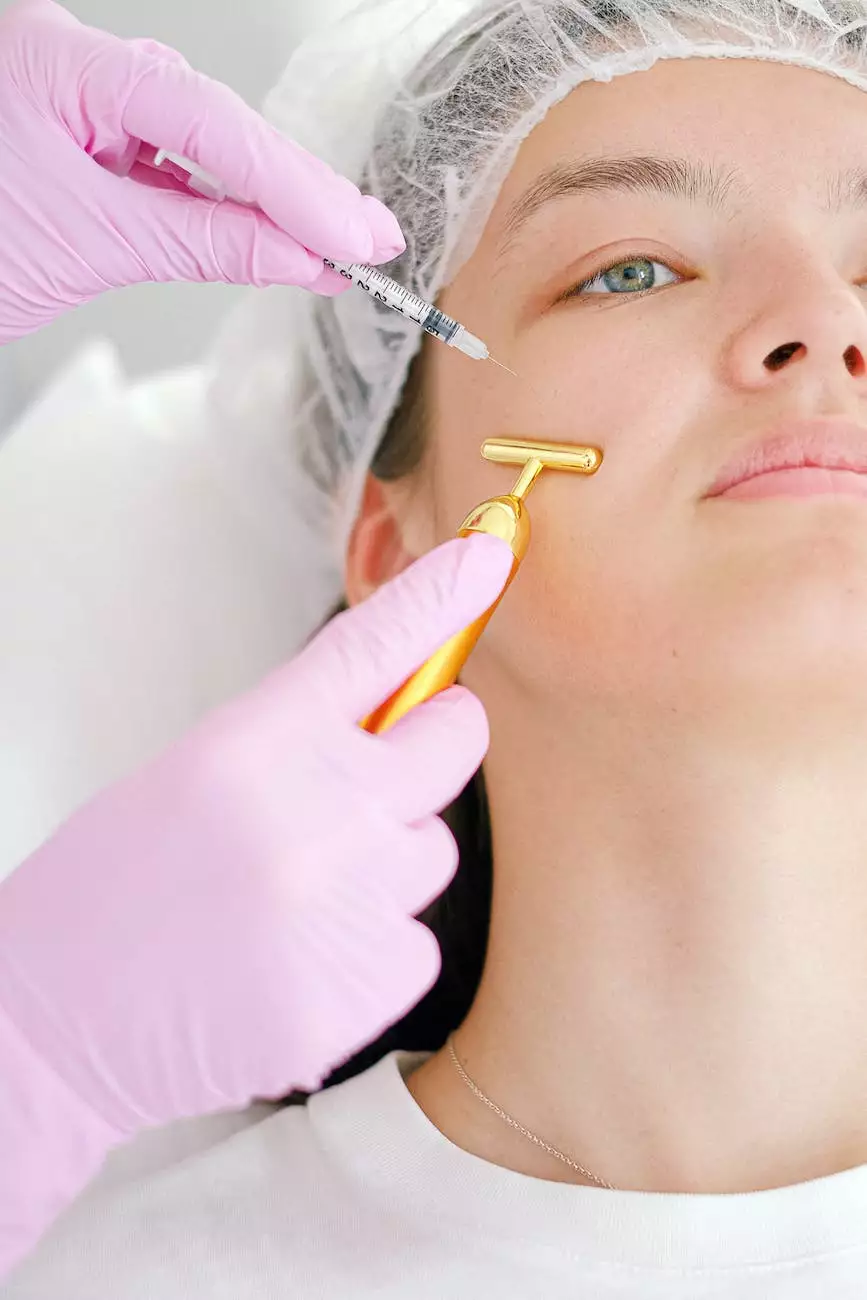Exercise—Not a Treatment for Clinical Low Testosterone
Health
Welcome to CHI St. Luke’s Health - Performance Medicine, a leading provider of comprehensive healthcare services in the field of testosterone management. In this article, we aim to shed light on the relationship between exercise and clinical low testosterone, emphasizing the importance of proper diagnosis and appropriate medical interventions.
Understanding Clinical Low Testosterone
In the realm of men's health, having optimal testosterone levels is crucial for overall well-being. Testosterone plays a significant role in various bodily functions, such as mood regulation, bone density, muscle mass, and sexual function. When testosterone levels fall below the normal range, it may lead to a condition known as clinical low testosterone.
Diagnosing clinical low testosterone requires a comprehensive evaluation by a qualified healthcare professional. Symptoms such as decreased libido, fatigue, depression, and a decline in muscle mass are not necessarily indicative of low testosterone alone, as they can also be associated with other medical conditions. Therefore, partnering with an experienced provider who specializes in testosterone management is essential to accurately diagnose and treat clinical low testosterone.
The Role of Exercise in Testosterone Management
While regular exercise is undoubtedly beneficial for overall health and well-being, it should not be considered a standalone treatment for clinical low testosterone. Exercise has been shown to have some impact on testosterone levels, but the effects may vary depending on various factors such as age, intensity, duration, and individual variability.
Engaging in strength training exercises, such as weightlifting, has been associated with a temporary increase in testosterone levels. However, these effects are relatively short-lived and do not provide a long-term solution for individuals with clinically low testosterone. It is important to recognize that exercise alone is not a substitute for proper medical management.
The Importance of Proper Diagnosis and Medical Interventions
Identifying the underlying cause of clinical low testosterone is crucial for effective treatment. While exercise can play a supportive role, medical interventions, guided by a qualified healthcare professional, are necessary to address the root cause and restore testosterone levels to an optimal range.
At CHI St. Luke’s Health - Performance Medicine, we offer a comprehensive approach to testosterone management. Our team of experienced healthcare providers utilizes advanced diagnostic tools and techniques to accurately assess testosterone levels and identify any contributing factors. Based on a thorough evaluation, customized treatment plans are developed to meet the individual needs of each patient.
The Benefits of Our Comprehensive Approach
- Accurate diagnosis of clinical low testosterone
- Personalized treatment plans tailored to individual needs
- Use of advanced diagnostic tools and techniques
- Experienced healthcare providers specializing in testosterone management
- Collaborative approach, involving patients in their healthcare decisions
- Access to a range of treatment options, including hormone replacement therapy
- Continued monitoring and adjustments to treatment plans as needed
Contact Us for Expert Testosterone Management
If you are experiencing symptoms associated with clinical low testosterone, it is important to seek professional guidance. Exercise, while beneficial, cannot replace proper medical diagnosis and treatment. Contact CHI St. Luke’s Health - Performance Medicine today to schedule an appointment with one of our knowledgeable providers. Take the first step towards optimal testosterone management and reclaiming your vitality.
CHI St. Luke’s Health - Performance Medicine | Health




